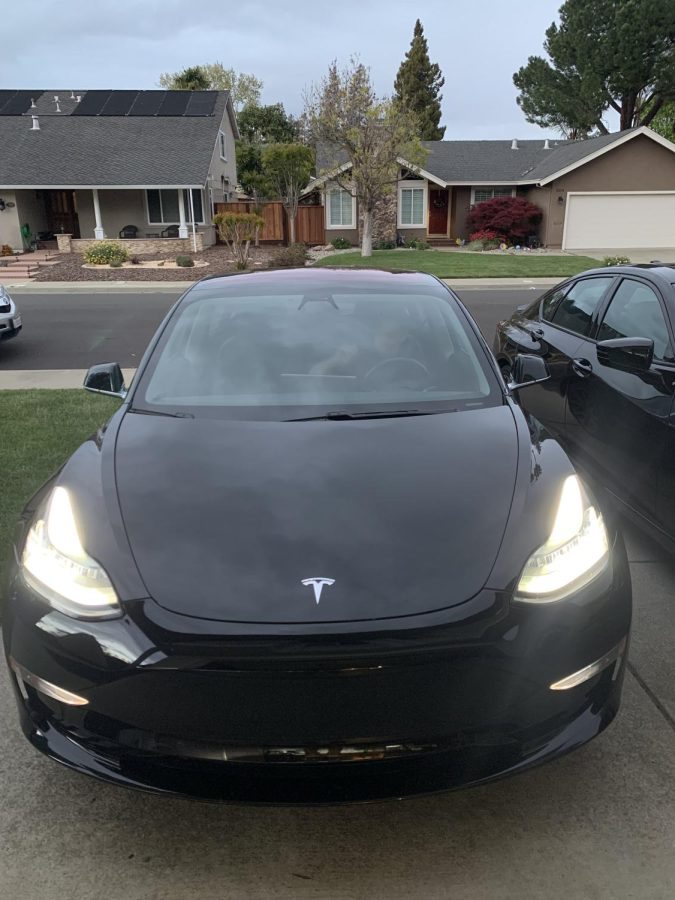Downside of electric cars and lithium-ion batteries
April 19, 2022
Many years ago, electric cars seemed out of reach from reality and a far cry from the norm on the roads. Today, electric automobiles have become the new wave of many popular car brands, but are the benefits as clear-cut as they seem? In reality, the disadvantages of electric cars outshine the perceived benefits of electric cars.
Lithium Batteries
Lithium-ion batteries have become the standard for electric vehicles. With the battery’s high energy efficiency and low self-discharge, it allows electric cars to travel farther distances, but it doesn’t come without setbacks.
“I feel like it’s kind of misleading that the energy is based on fuel, but over time, especially with these gas prices, I think it will make a big difference,” said Saagnik Mitra (‘23).
With all the environmental problems that are posed by fossil fuels in gas vehicles, lithium-ion batteries have their fair share of environmental harm. In order to make these batteries, cobalt, and lithium need to be mined and transported which accounts for most of the greenhouse gas emissions of EVs. Also, biodiversity is destroyed through these mining practices, which in turn, increases pollution. The battery production alone results in 30% to 40% more production emissions compared to gasoline cars.
“The process of getting fossil fuels and lithium seems pretty similar to me, so I’m not sure how environmentally friendly electric batteries actually are,” said Matthew Seo (‘24).
Lithium-ion batteries are a commodity at the moment, raising their demand–and ultimately–their price. The cost of the battery makes up the bulk of the overall price. The cathode inside of the lithium-ion battery is one of the electrodes that load and deliver a charge, making it one of the priciest parts of the battery.
Although it is true that electric vehicles use energy rather than fossil fuels, most electric grids are powered by fossil fuels. This means that EVs are still operating from fossil fuels, just indirectly.
Only for the Rich
In the streets of Pleasanton, spotting an electric car on the road is the norm. Everywhere in this wealthy community, there are Teslas and other EVs. 67% of households owning an EV earn over 6 figures.
“I put my name on the waiting list and set a deposit for the new Ford Lightning, but then it was released that the extended battery was so many thousands more than the base model that it didn’t seem worth it,” said potential buyer Daniel Lee.
Many electric vehicles have extended battery options which can raise the price of EVs by thousands of dollars. Even Tesla’s cheapest model is over $45,000, making it increasingly difficult for middle-class families to afford it. Without even the greatest and most up-to-date features, the model is still more expensive than most gasoline cars.
With more and more companies, like Ford and Hyundai, manufacturing electric cars at steep prices, the average American cannot afford it. Well, why does this matter? America and the rest of the world are technologically advancing at a price above most can afford. Will America advance with the rich while leaving the middle class and poor behind? Only time will tell, but as of now, the rich are the only ones occupying electric cars.





